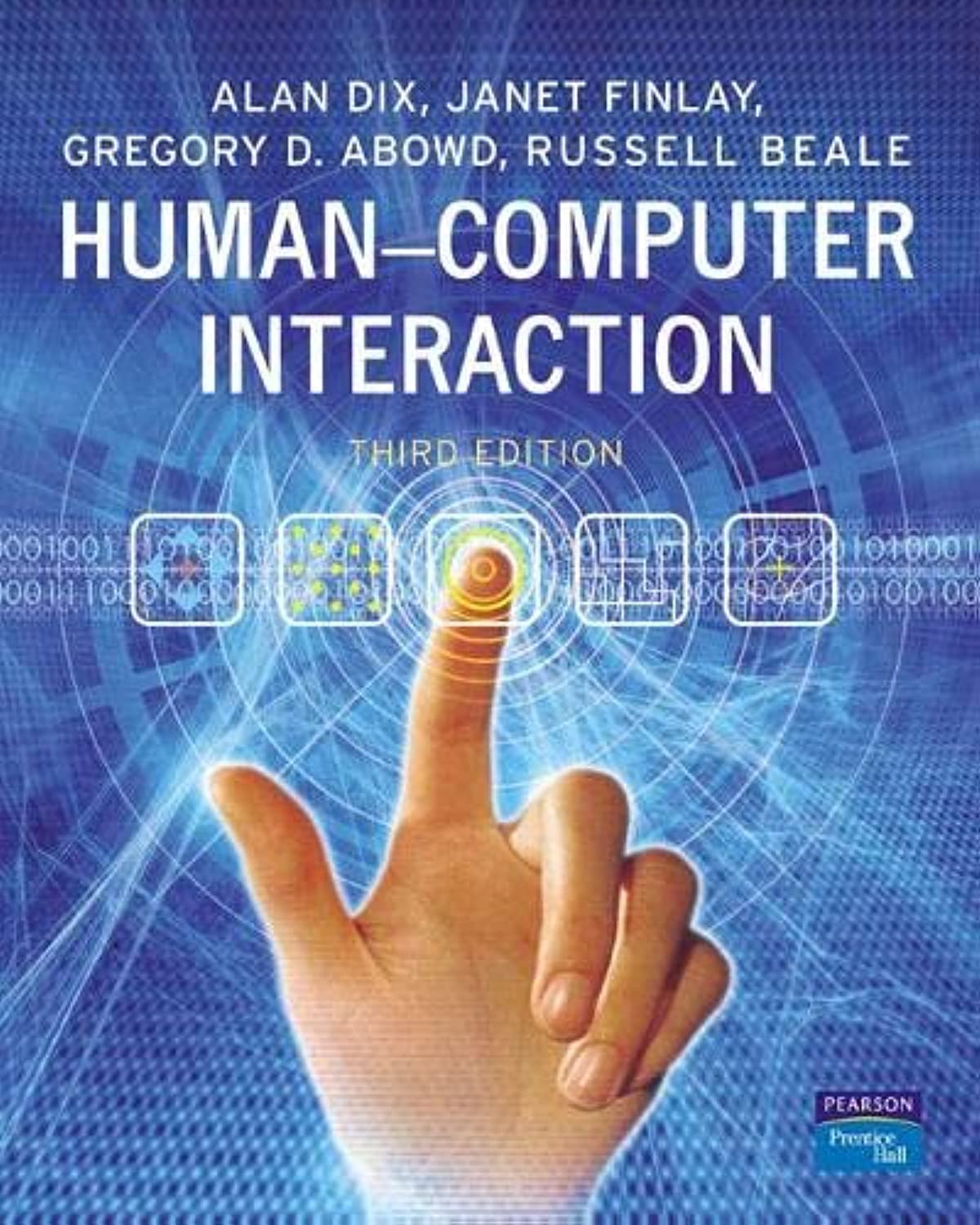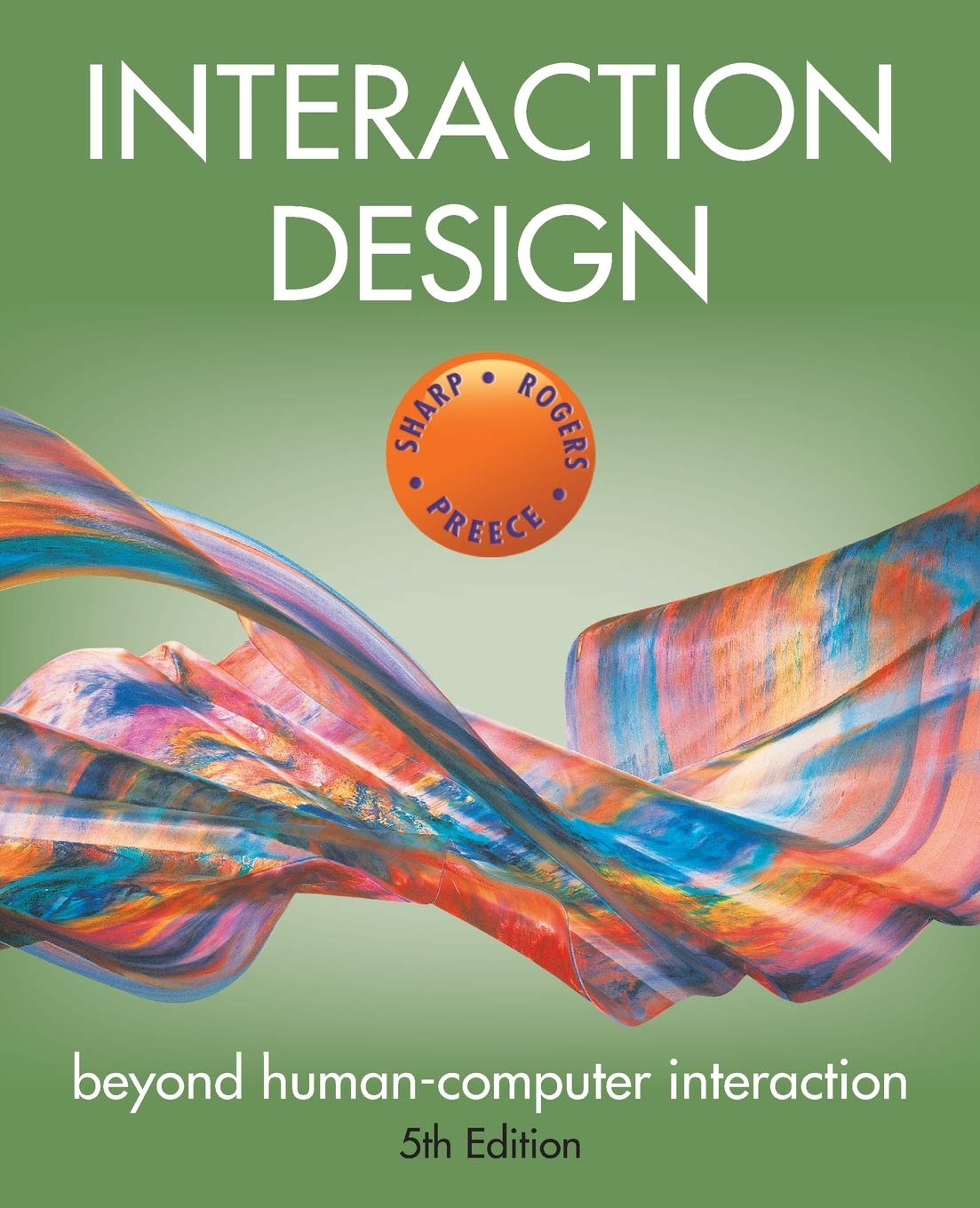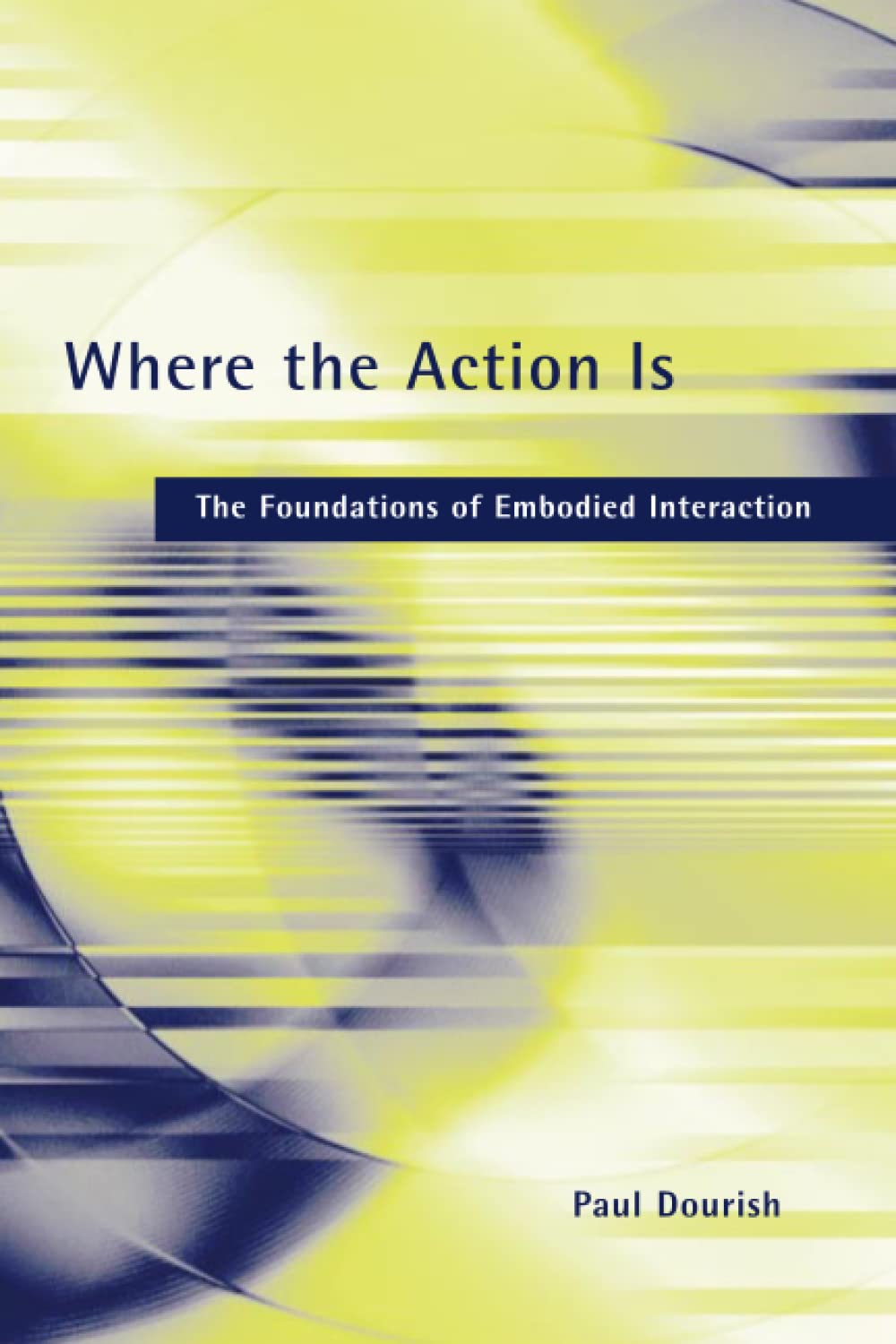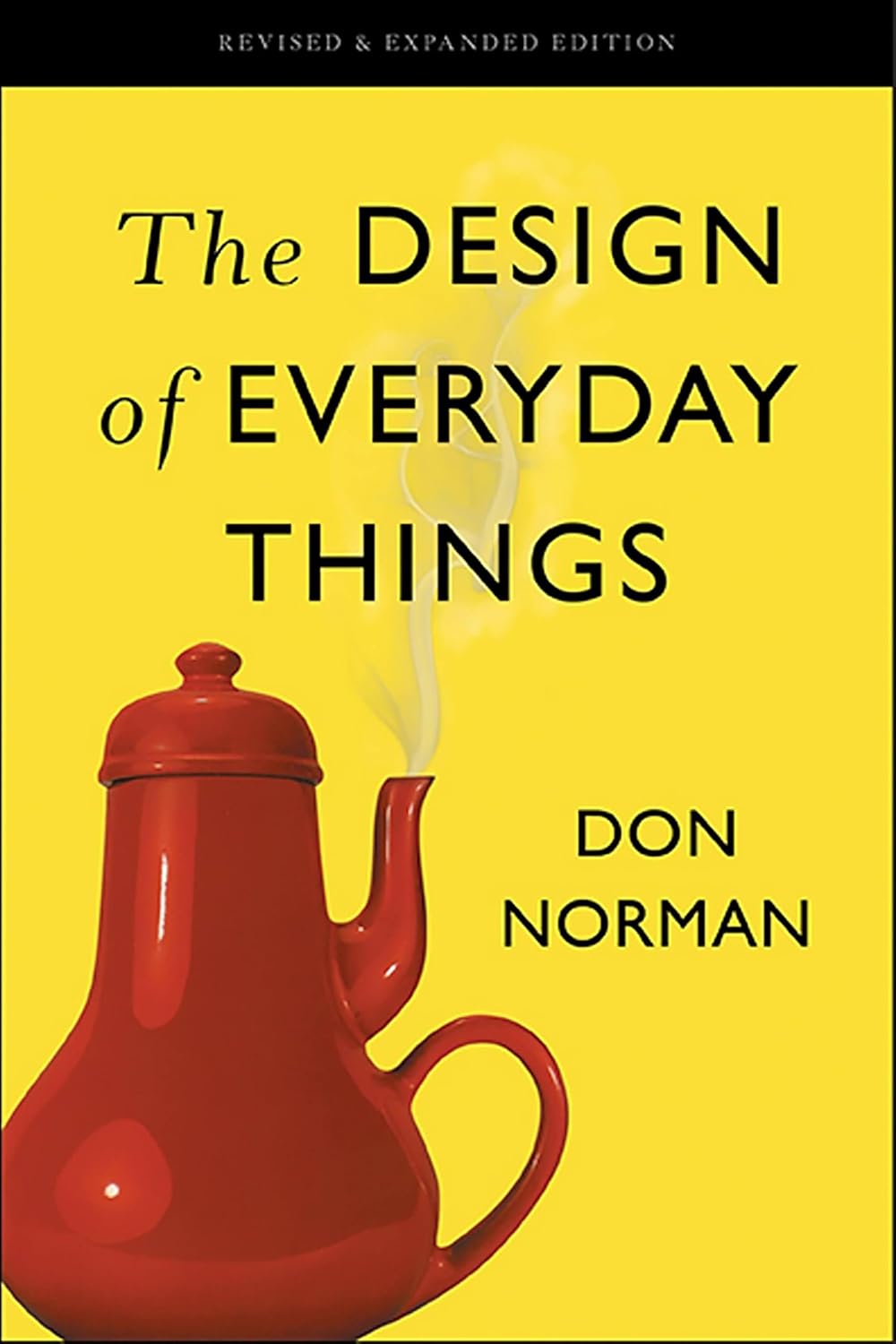Instructor: Dr. Johanna Brewer (deadroxy.com)
Place: Bass 204
Time: Mondays 1:40-4:20pm
Prereqs: CSC210
CSC256: Human-Computer Interaction
Smith College, Fall 2024
Course Overview
All technology is created to serve people, but actually understanding and effectively meeting the needs of users is no trivial task. In this course, you learn to put the principles of human-centered design into practice in order to build more meaningful interfaces.
Classes meet weekly on Mondays and sessions follow a workshop format. We begin with an interactive lecture to unpack the readings, then switch to hands-on activities and group project work. You should expect to devote 9 hours per week outside of class to complete your readings and assignments.
The course is structured as a guided climb over the twin peaks of the double diamond design process. A strong foundation of contemporary readings and trainings serve as preparation for a 10-week group project. Students conduct ethnographic research at a local site of their choosing, synthesize findings about their target users, create a series of design provocations, implement an interactive prototype, and finally test it with real people. With complete control over the design space, students compete to impress each other with their interfaces during the final prototype faire.
Classes meet weekly on Mondays and sessions follow a workshop format. We begin with an interactive lecture to unpack the readings, then switch to hands-on activities and group project work. You should expect to devote 9 hours per week outside of class to complete your readings and assignments.
The course is structured as a guided climb over the twin peaks of the double diamond design process. A strong foundation of contemporary readings and trainings serve as preparation for a 10-week group project. Students conduct ethnographic research at a local site of their choosing, synthesize findings about their target users, create a series of design provocations, implement an interactive prototype, and finally test it with real people. With complete control over the design space, students compete to impress each other with their interfaces during the final prototype faire.

Learning Goals
- Explore the past and present of HCI, HCD, PD, UI/UX
- Compare qualitative & quantitative data gathering methods
- Conduct preliminary user research surveys & interviews
- Practice prototyping in Figma, AWS Lamba, GPT-4, XCode, Android Studio
- Hack off-the-shelf IoT tech like Arduino, CircuitPython, Elgato, Sphero
- Build & evaluate an interactive prototype with users
Moodle
Access course materials, submit assignments
Discord
Post reflections, ask all questions, get updates
Calendly
Book an office hours spot
Gather
Join remote meetings (office hours, group work)
Reading Materials
Readings draw mainly from four books, all of which are recommended, none of which are required. You will be expected to reflect on ~2 chapters each week in the first two months of the course. Readings will all be provided via Moodle and thus you are not obliged to obtain them yourself. However, the books listed below are certainly worth reading in their entirety.

Alan Dix, Janet Finlay, Gregory D. Abowd, Russell Beale. Human–Computer Interaction

Helen Sharp, Yvonne Rogers, Jennifer Preece. Interaction Design: Beyond Human-Computer Interaction.

Paul Dourish. Where the Action Is: The Foundations of Embodied Interaction.

Don Norman. The Design of Everyday Things.
Assignments
The majority of your work will be devoted to a 10-week group project during which you research, design, prototype, and test an interactive interface. You will submit reports jointly and present over the semester as a team. To prepare for the project you individually complete two trainings (4+ hours) in prototyping techniques and share nine brief reflections (~100 words) on readings with each other. All assignments are due Sundays at midnight.
Weekly Schedule
Week 1
Sept. 2
Labor Day
Classes begin Tuesday
Week 2
Sept. 9
Welcome & Introductions
What is Human-Computer Interaction (HCI)?
Syllabus review, history of HCI, meeting classmates
Week 3
Sept. 16
Interaction Design
How do we practice interaction design?
Human-centered principles, double diamond process, inclusive/universal design
Readings
- Dix, Finlay, Abowd, Beale - Introduction
- Dourish - Chap. 1: History of Interaction
- Norman - Chap. 1: The Psychopathology of Everyday Things
- Norman - Chap. 6: Design Thinking
Week 4
Sept. 23
Data Gathering
How do we gather meaningful data?
Qualitative and quantitative methods, observation, surveys, social media analysis, semi-structured interviews
Readings
- Dourish - Chap. 3: Social Computing
- Sharp, Rogers, Preece - Chap. 8: Data Gathering
Assignments
S1 - Team Preferences Survey (Due: Sept. 25)
Week 5
Sept. 30
Data Analysis
How do we make sense of (messy) data?
Open/axial coding, grounded theory, statistical analysis, visualization, managing large data sets
Readings
- Sharp, Rogers, Preece - Chap. 9: Data Analysis, Interpretation, and Presentation
- Sharp, Rogers, Preece - Chap. 10: Data at Scale
Week 6
Oct. 7
Discovering Requirements
How do we hone our human-centered perspective?
Personas, scenarios, requirements, task analysis, storyboarding
Readings
- Dix, Finlay, Abowd, Beale - Chap. 5: Interaction Design Basics
- Sharp, Rogers, Preece - Chap. 11: Discovering Requirements
Assignments
A1 - Project Proposal (Due: Oct. 6)
Week 7
Oct. 14
Autumn Recess
Enjoy your break!
Week 8
Oct. 21
Participatory Prototyping
How do we prototype with user participation?
Paper prototyping, participatory design, Wizard of Oz, proofs of concept, mocks, hacks, IoT
Readings
- Sharp, Rogers, Preece - Chap. 12: Design, Prototyping, and Construction
Assignments
T1 - Figma Training (Due: Oct. 20)
Week 9
Oct. 28
UX Engineering
How do we engineer delightful user experiences?
UI/UX, design, product management, agile development
Readings
- Sharp, Preece, Rogers - Chap. 13: Interaction Design in Practice
- Dix, Finlay, Abowd, Beale - Chap. 6: HCI in the Software Process (Optional)
Assignments
T2 - Prototyping Training (Due: Oct. 27)
S2 - Midway Self Review (Due: Nov. 1)
S2 - Midway Self Review (Due: Nov. 1)
Week 10
Nov. 4
Testing & Evaluation
How do we evaluate speculative tech?
Interface evaluation, usability testing, case studies
Readings
- Sharp, Rogers, Preece - Chap. 14: Introducing Evaluation
- Sharp, Rogers, Preece - Chap. 15: Evaluation Studies
Assignments
A2 - User Research Report (Due: Nov. 3)
Week 11
Nov. 11
Scaling Studies
How do we study users at scale?
Heuristic evaluation, cognitive walkthrus, analytics, A/B testing
Readings
- Sharp, Rogers, Preece - Chap. 16: Evaluation (Inspections, Analytics, and Models)
Week 12
Nov. 18
Inclusive Design
Who is struggling for (design) power?
Dark patterns, hostile design, design justice, Afrofuturism, Indigenous futurism, universal design revisited
Readings
- Dix, Finlay, Abowd, Beale - Human-Computer Interaction Chap. 10: Universal Design
- Gray, Kou, Battles, Hoggatt, Toombs - The Dark (Patterns) Side of UX Design
- Winchester - Afrofuturism, Inclusion, and the Design Imagination
Assignments
A3 - Design Provocations (Due: Nov. 17)
Week 13
Nov. 25
Thanksgiving Break
Backup day
Week 14
Dec. 2
HCI Careers
How can you gear up for a career in HCI?
Academia, startups, industry research
Week 15
Dec. 9
Final Presentations
Prototype faire!
Assignments
A4 - Interactive Prototype (Due: Dec. 8)
A5 - Full Case Study (Due: Dec. 13)
S3 - Self-Team-Peer Review (Due: Dec. 13)
A5 - Full Case Study (Due: Dec. 13)
S3 - Self-Team-Peer Review (Due: Dec. 13)
Communication
All online communication for this course will take place via Discord. If you do not already have an account, please create one. Join our server, then follow the instructions in the #welcome channel to set your nickname and pronouns.
CSC256-F24 Discord Server Invitation: https://discord.gg/y3j7sVXS9b
I will try to answer questions within 24hrs during the work week, but please ask your peers and TAs for help first. They will generally assist you more quickly; also remember I’m not available on weekends! Sometimes I miss DMs, so don’t worry about pinging me again if you’re waiting on a reply. Lastly, please note that I’m terrible at responding to email. I’ll read it, but you’ll either get a reply right away, or between two days and two years later.
CSC256-F24 Discord Server Invitation: https://discord.gg/y3j7sVXS9b
- #announcements: Important notices about class times, deadlines, office hours, etc.
- #general: Introduce yourself and discuss course-related material, off-topic ideas, etc.
- #questions: Ask any non-personal questions you have here. Use threads to respond. And don’t be shy; if you are wondering something, someone else is probably puzzled too!
- #reflections: Share your reactions, thoughts, or confusion about the weekly readings.
- DMs: Message me directly for matters that require individual communication.
I will try to answer questions within 24hrs during the work week, but please ask your peers and TAs for help first. They will generally assist you more quickly; also remember I’m not available on weekends! Sometimes I miss DMs, so don’t worry about pinging me again if you’re waiting on a reply. Lastly, please note that I’m terrible at responding to email. I’ll read it, but you’ll either get a reply right away, or between two days and two years later.
Office Hours
Office hours are a time when you can ask me questions about... anything! Weekly hours are for any student who would like to chat with me and I hold them on a variable schedule. To see upcoming office hours and ensure you get a slot, please book a time via Calendly. Most office hours are hybrid; students can stop by in person in Bass 106 or virtually, but I will announce during class the weeks when appointments will only be held remotely on Gather.
Reserve Time via Calendly: https://calendly.com/johannabrewer
Virtual Meetings on Gather: https://gather.town/app/NfY57eEoJJb22wzP/InclusiveDesignLab
Reserve Time via Calendly: https://calendly.com/johannabrewer
Virtual Meetings on Gather: https://gather.town/app/NfY57eEoJJb22wzP/InclusiveDesignLab
Grading
This course follows an “ungrading” approach. In keeping with how software is evaluated, you will primarily receive qualitative feedback and only be assessed on a simple scale: unacceptable (D/E); needs improvement (C); meets expectations (B); exceeds expectations (B+/A-); distinguished (A/A+). Additionally, you will review your own performance and weigh in on your final letter grade. Your overall assessment will be weighted to reflect the workload.
Your success in this class will depend on your active engagement with both the material and each other because human-computer interaction relies on communication. To do well, you must demonstrate that you are working to master both the social and technical sides of interaction design.
- 50% Major project assignments
- 25% Reading reflections & trainings
- 25% Class participation & presentations
Your success in this class will depend on your active engagement with both the material and each other because human-computer interaction relies on communication. To do well, you must demonstrate that you are working to master both the social and technical sides of interaction design.
Academic Integrity
As computer scientists, we build on the innovations of those who came before us, and as honorable scholars, we credit their contributions. Whenever you work with others, either as teammates or peer reviewers, you must acknowledge your collaborators. Likewise, I expect you to always cite all sources used when preparing your assignments. This includes books, papers, articles, websites, blog posts, YouTube videos, StackOverflow pages, ChatGPT conversations, etc.
Participation & Absences
Though formal attendance will not be taken, you won’t be able to participate in class if you are not there. We only meet twelve times so your presence in each class matters. You should tell me in advance of a planned absence; and if you have an emergency, please inform me after you are safe. If you must isolate for health reasons, please use Discord to ask your peers to stream class for you via Zoom or Gather. Inform me ahead of time, but try to organize this yourself. Regardless, remember to stay home if you feel unwell.
Extensions & Lateness
It is important you work in a timely fashion. Project assignments and reading reflections are due by midnight on Sundays. But if you need additional time to complete your individual work, DM me to request it, late is better than never. Extensions on group assignments will only be given when a team member’s Dean provides a written request.
Comfy Class Policies
Laptops and phones can be distracting, but they are important tools for us. Please avoid using your devices in class for purposes other than coursework. Hydration is essential, so bring beverages, but you must use closed containers to avoid spills. We have two breaks during which you can have a snack, but please refrain from eating during class. Everyone is welcome to use concentration accommodations like fidget toys, knitting, doodling, moving around, or sitting on the floor; just be mindful your focus doesn't disrupt others.
Fostering Respect & Inclusion
During this course we will be working closely together. When communicating with one another, I expect you to practice active listening. When someone is talking, focus on understanding what they are expressing rather than thinking of how you will respond. Additionally, keep in mind that our wide array of individual backgrounds shape our unique perspectives, so please respect one another when we have sincere differences of opinion.
Diversity Statement & Equity Commitment
As a mixed-race, Native, non-binary, neurodivergent person who was the first in their family to earn a doctoral degree, I have a stake in bettering, and first-hand knowledge regarding, the experience of marginalized folks in our society. I know that a welcoming learning environment can have a real impact, and so I am committed to making this classroom a comfortable place for all my students. Please let me know if you ever have thoughts, questions, or concerns about ensuring that we treat one another equitably.
Accessibility & Accommodations
Written course materials including readings, slides, and lecture notes will be provided as PDFs that are screen reader compatible and all audio/visual media will offer captions. If you have any issues accessing the materials, let me know as soon as possible and I will work to find a solution. Should you encounter barriers to participation in this or any other course, contact the Accessibility Resource Center via email at arc@smith.edu or by calling (413) 585-2071 to make an appointment to discuss support and accommodations.
Health Resources
College can be stressful, but you are not alone. Reach out for help if you are feeling unwell or overwhelmed. The Schacht Center on campus provides a variety of free & confidential health and counseling services. Email healthservices@smith.edu or call (413) 585-2250 for any medical concerns. To set up an appointment for mental health support you can email counselingservices@smith.edu or call (413) 585-2840 if you are in crisis.
Acknowledgments
Some of the materials used in this course are derived from previous classes at Smith, as well as similar courses taught at other institutions. Thanks to my academic colleagues for sharing their syllabi.